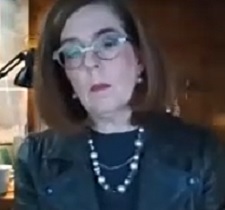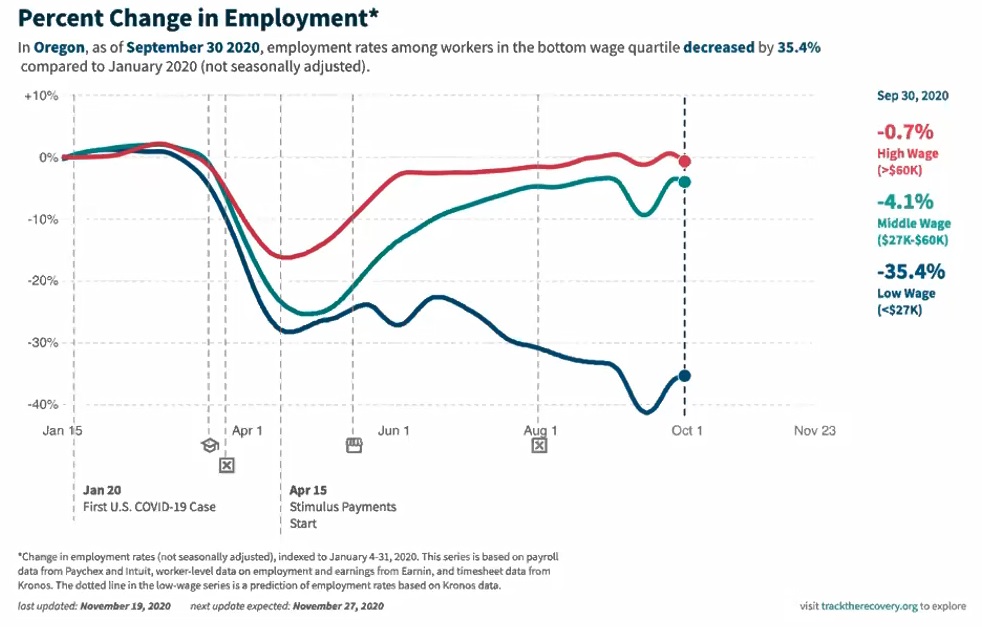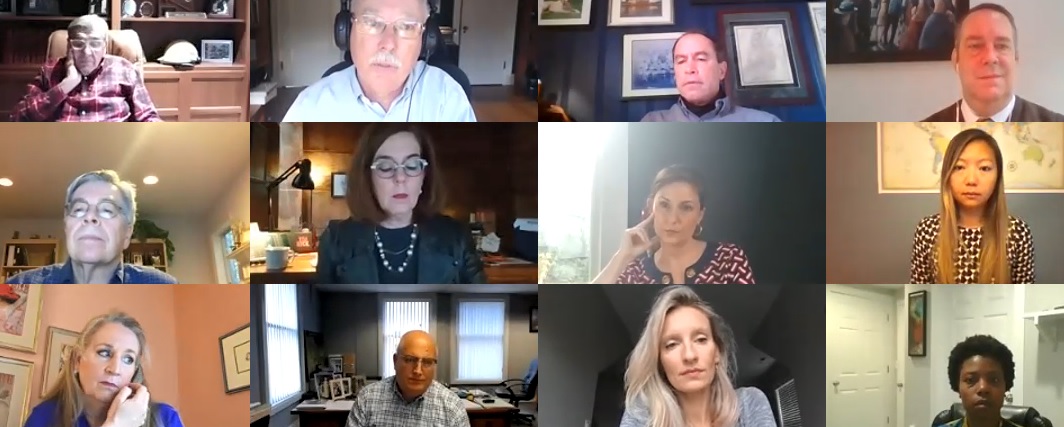





| Benton County Republicans’ Private Fundraising Event, “Bent-on Boots and Bling” with Trey Taylor |
| Friday, September 5, 2025 at 5:00 pm |
| Featuring Trey Taylor Music Private Event Friday, September 5, 2025 5:00-5:30 pm VIP Reception 5:30-8:00 pm Heavy Appetizers, Auction, Concert Red: $750 VIP Reception Front Row Table Sponsor White: $500 Table Sponsor Blue: $50 per person Limited Seating. Get Yours Now!!! Support Local Dress up: Bling, Cowboy, Patriotic Benton County Republican FUNDRAISER www.BentonGOP.org Get your tickets today at: https://www.bentongop.org/event-details/benton-county-republicans-fundraiser/form About Trey: Trey is the youngest African American Man in Country Music History. The Denver Post wrote "It's impossible to miss his enthusiasm. With a fondness for cowboy boots, gaudy colors and dazzling jewelry, Trey Taylor could stand toe to toe with any of the Pop, Country or even Rap contemporaries of his generation.“ |
| Trysting Tree Golf Club, 34028 NE Electric Rd., Corvallis |

 In an open session of the Governor's Council of Economic Advisors, the Council addressed questions put to it by Governor.
In an open session of the Governor's Council of Economic Advisors, the Council addressed questions put to it by Governor.
They're going to come back more when we finally get a credible vaccine that's going to allow people to come back and allow you to raise those restrictions out. The restaurants haven't been wiped out. The stoves are still there the plates are there, the knives the forks, the chairs and they can re-open and these people can fill back into those jobs. It's not like those places have been wiped out completely, What we may see is we may see ownership changes at restaurants and the previous owners aren't able to handle the debts and so on that have occurred and other people will step in to take their place. We'll have a redistribution, in a a sense, of ownership.
This view was countered by another economist who countered,These restaurants and bars and the leisure and hospitality business -- especially those that are independently owned -- and small business are the ones that are hit hardest and we can see from the data that 25% of small businesses have closed in Oregon. And it doesn't feel that it's going to be a temporary problem -- that all of these are going to bounce back. A lot of our tourism business is based on having all this talent in the restaurants and leisure providing businesses, and there needs to be some kind of mechanism, not just to provide them with some money to maybe tide them over and not shut down, but how do we help them generate additional revenue that keeps them going and not close down permanently after everything comes back online.
A D V E R T I S E M E N T
A D V E R T I S E M E N T

| Post Date: 2020-11-25 16:29:25 | Last Update: 2020-11-25 19:10:35 |